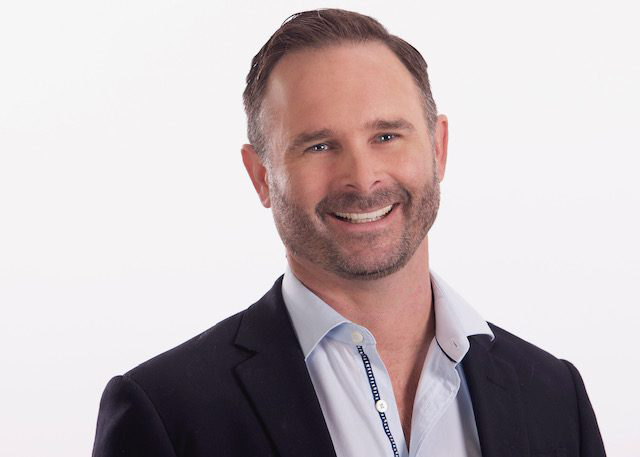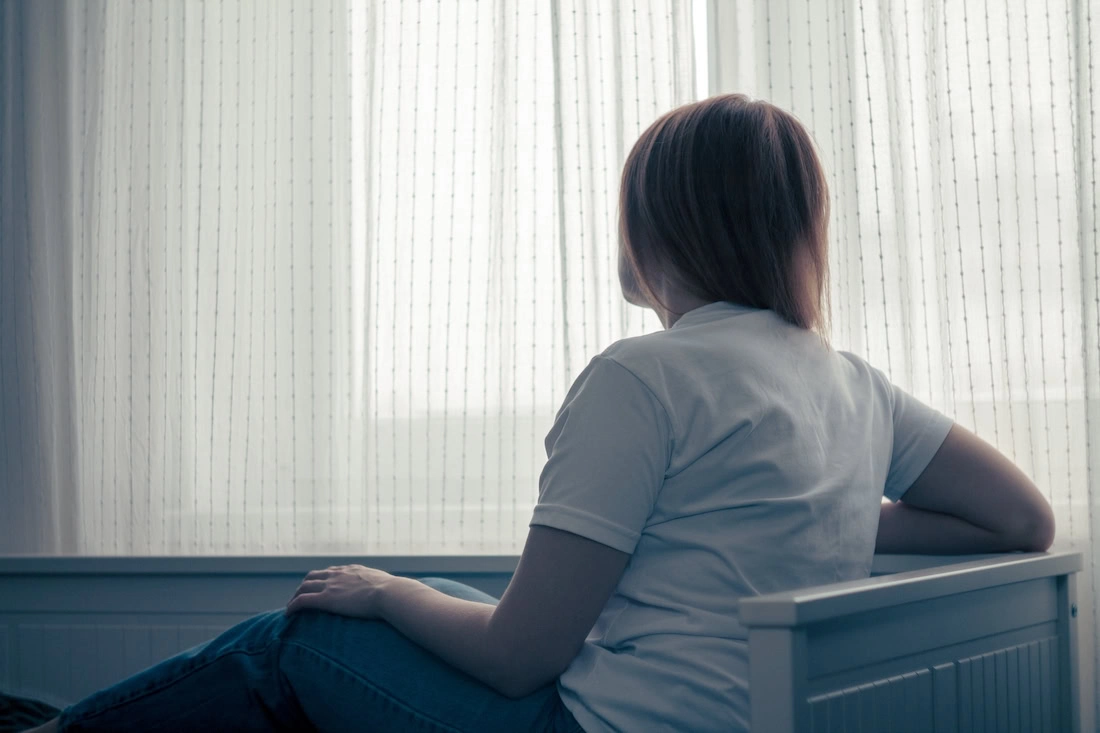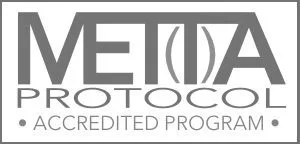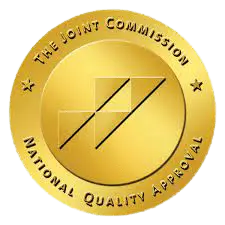Dual diagnosis is a common and devastating disorder that affects 9.2 million people in the United States. For families and caregivers of loved ones struggling with this condition, providing the right support is a game-changer in helping them recover and lead healthy lives. While the goal seems easy enough, knowing the correct ways to support loved ones is a challenge.
This article will outline the importance of dual diagnosis support in helping a family member find lasting recovery. Is your family witnessing firsthand the impacts of dual diagnosis? The first step on the road to recovery is finding the right professional help. SEE Purpose Treatment Center offers a dynamic and individualized approach to dual diagnosis treatment. Our evidence-based programs, multiple levels of care, and expert support will help your loved one and family overcome dual diagnosis and restore family balance and harmony.
Call SEE Purpose Treatment Center today to learn more about our top-rated drug and alcohol rehab in Indiana.
Understanding Dual Diagnosis
For you to understand how to provide the best dual diagnosis support for a loved one, you have to have a basic understanding of dual diagnosis as a condition. In simple terms, dual diagnosis occurs when someone is affected by drug addiction and a co-occurring mental illness. Dual diagnosis is not seen as one diagnosis; it is a combination of diagnoses.
Dual diagnosis is a very difficult condition to treat because of its complexity. For professionals to properly treat clients with this condition, they need to know what condition is dominant. In some cases, people may have started out struggling with mental illness and used substances as a way to cope with their feelings. In other cases, chronic substance use affected brain chemistry and functioning to the point where mental illness was able to form.
The difficulty with dual diagnosis is the overlapping of addiction and mental illness. Because of this, just undergoing drug treatment or mental health treatment isn’t adequate. Those suffering from dual diagnosis must enter a specialized treatment program that features mental health and addiction professionals under one roof working together to help clients manage both conditions in an integrated fashion.
How You Can Provide Dual Diagnosis Support
Dual diagnosis is a lot to deal with and take in.
When a family member is struggling with co-occurring disorders, your family must be hands-on in providing support. It may seem overwhelming, but there are things you can do to help you and your loved one heal and grow. The following tips will lead you down the path to lasting recovery:
Educate Yourself
To provide the right dual diagnosis support, you need a better understanding of dual diagnosis as a condition. You can start by talking to local mental health and addiction professionals familiar with co-occurring disorders. There are also vast internet resources that provide excellent information on dual diagnosis. Additionally, contact dual diagnosis treatment centers near you and speak to treatment staff.
Family Therapy
Family education is also an important component in providing dual diagnosis support. A great way to receive that education is through family therapy. Many if not all dual diagnosis treatment programs feature family therapy and programming. Having family directly involved in the treatment process helps their loved one feel supported and protected and helps the family heal as a whole.
Setting Boundaries
Setting boundaries is another important facet of providing support. You and your family members must learn healthy communication skills to set appropriate boundaries that minimize enabling behavior. You must be able to communicate with a loved one the basic rules of behavior and the expectations you have of them as they progress through treatment.
Practice Self-Care
Dealing with dual diagnosis can be physically and mentally exhausting. To help minimize that wear and tear, you and your family need to practice good self-care. Be sure that you are eating properly and getting plenty of restful sleep. It is also helpful to have fun family activities such as movie and game nights.
Dual Diagnosis Therapy at SEE Purpose
Dual diagnosis is a difficult condition to deal with, but the help you need is just a phone call away. As one of Indiana’s premier treatment facilities, SEE Purpose offers all clients intensive treatment services that are evidence-based and personalized to fit your loved one’s unique needs. Within our boutique luxury rehab, your loved one and family will receive the tools and support needed to manage dual diagnosis and allow you to prosper.
Call SEE Purpose Treatment Center today for dual diagnosis treatment that will transform your life.

